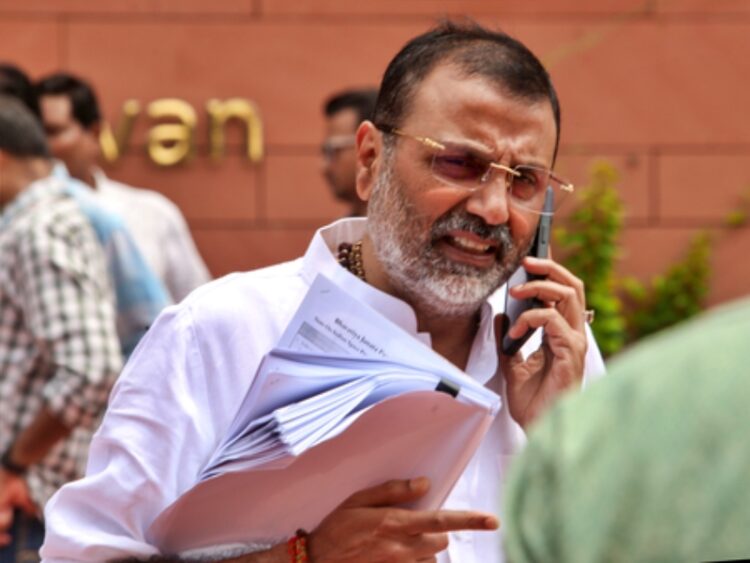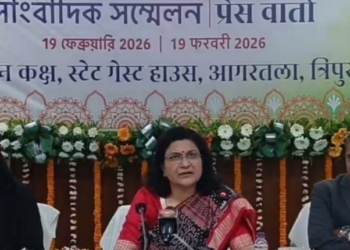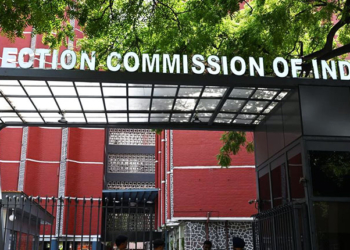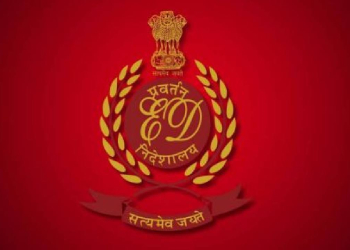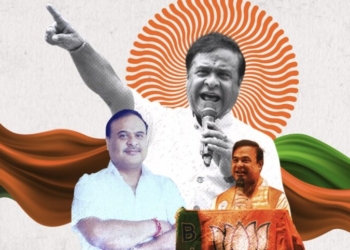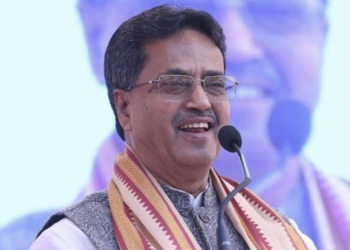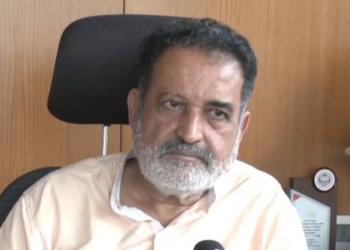New Delhi: Parliamentarian Nishikant Dubey (BJP) ignited controversy on social media with a blistering response to Congress MP Rahul Gandhi’s recent praise of Gen Z.
In a sharply worded post, Dubey accused Gandhi of misrepresenting the values of India’s youth, claiming that Gen Z stands firmly against nepotism, corruption, and ideological ambiguity.
“Gen Z is against nepotism and dynastic rule. Why will Gen Z tolerate Rahul ji after Nehru ji, Indira ji, Rajiv ji, Sonia ji? It is against corruption, why won’t they drive you away?” Dubey wrote, directly challenging the legacy of the Gandhi-Nehru political dynasty.
Dubey’s remarks come in response to Gandhi’s earlier post celebrating Gen Z as defenders of democracy and the constitution.
While Rahul Gandhi positioned himself as a supporter of youth-led change, Dubey countered with a narrative that casts Gen Z as disillusioned with dynastic politics and eager for ideological clarity.
In a twist, Dubey added: “He wants to make Bangladesh an Islamic nation and Nepal a Hindu nation, why won’t he make India a Hindu nation? You should prepare to leave the country, he is coming.”
The statement, widely interpreted as inflammatory, drew criticism for its communal undertones and aggressive tone.
Political observers note that Dubey’s post reflects a broader BJP strategy to appeal to nationalist sentiments among young voters.
By framing Gen Z as ideologically assertive and intolerant of corruption, Dubey seeks to align them with the BJP’s vision of governance and cultural identity.
The post sparked intense debate online, with supporters praising Dubey’s candour and critics accusing him of fear-mongering.
Hashtags like #GenZAgainstDynasty and #YouthForChange began trending, indicating the emotional resonance of the exchange. Dubey’s comments also underscore the growing importance of Gen Z in India’s political landscape.
As digital natives, they are not only consuming political content but actively shaping it—through memes, reels, and viral commentary.
Whether Dubey’s message galvanises support or alienates moderate youth remains uncertain. But one thing is clear: the battle for Gen Z’s allegiance is heating up, and both sides are pulling no punches.
(IANS)




